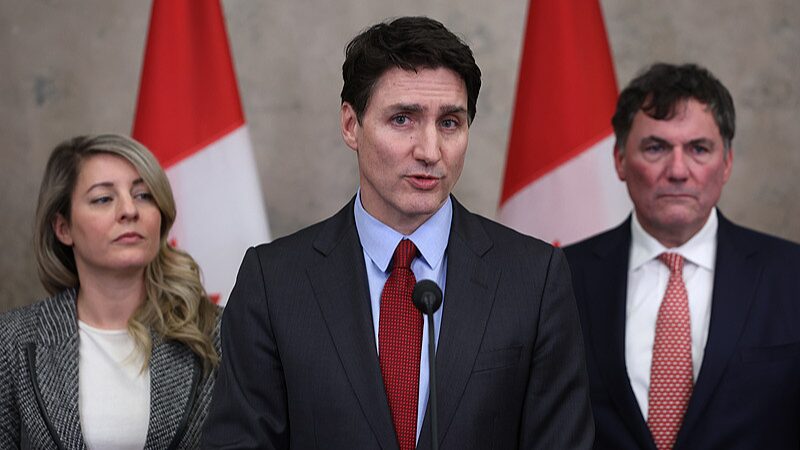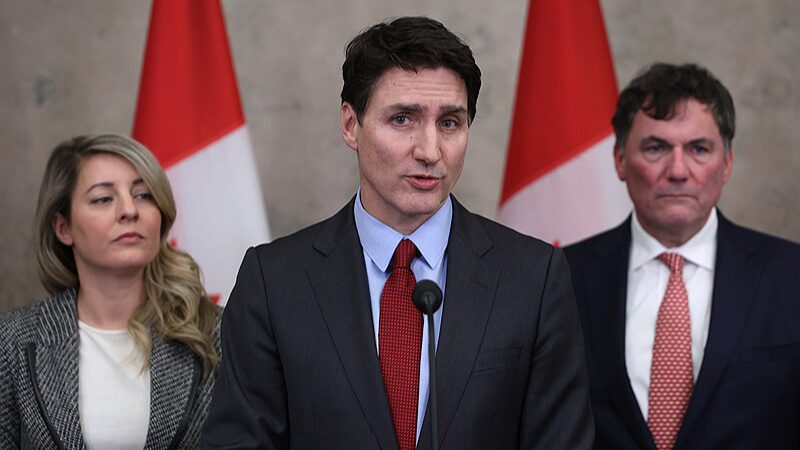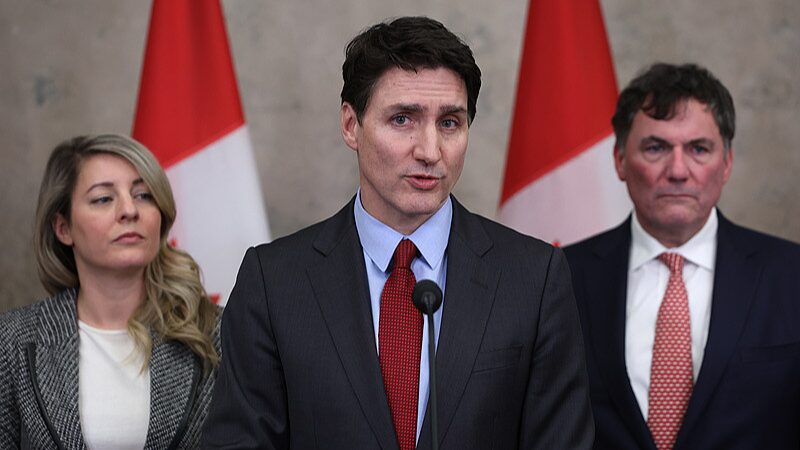Canada has announced a significant escalation in trade tensions with the United States by imposing 25 percent tariffs on U.S. goods valued at 30 billion Canadian dollars. This move comes as a direct response to U.S. President Donald Trump's decision to implement matching tariffs on Canadian imports.
On Sunday, Canadian Finance Minister Dominic LeBlanc unveiled a list of affected U.S. products, which includes everyday items such as orange juice, peanut butter, wine, coffee, appliances, cosmetics, and paper products. These tariffs are set to take effect on February 4, coinciding with the implementation of the U.S. tariffs on Canadian goods.
In a statement, LeBlanc indicated that this is merely the first phase of Canada's retaliation. A second set of U.S. imports, worth an estimated 125 billion Canadian dollars, is slated for additional tariffs. This forthcoming list will target passenger cars, trucks, buses, steel and aluminum products, certain fruits and vegetables, aerospace products, beef, pork, and dairy items. Before these tariffs are enforced, there will be a 21-day public consultation period.
Canadian Prime Minister Justin Trudeau, responding late on Saturday to the U.S. tariffs, affirmed that Canada would defend its economic interests. \"We will not back down,\" Trudeau stated, hinting at potential non-tariff trade actions. These could include restrictions on exports of critical minerals and energy products to the United States and measures to prevent U.S. companies from bidding on Canadian government contracts.
The Canadian Chamber of Commerce has expressed concern over the escalating trade dispute. It warned that the imposition of these tariffs and full retaliation could result in a 2.6 percent decline in Canada's real GDP, costing an average of 1,900 Canadian dollars per household annually. The impact on the U.S. economy is also significant, with projections of a 1.6 percent drop in GDP and an average cost of $1,300 per U.S. household.
The intensifying trade war between Canada and the United States is causing uncertainty in both economies. Businesses and consumers alike are bracing for the potential increase in prices and disruptions to supply chains. The coming weeks will be critical as both nations navigate these tensions and consider further actions.
Reference(s):
cgtn.com








